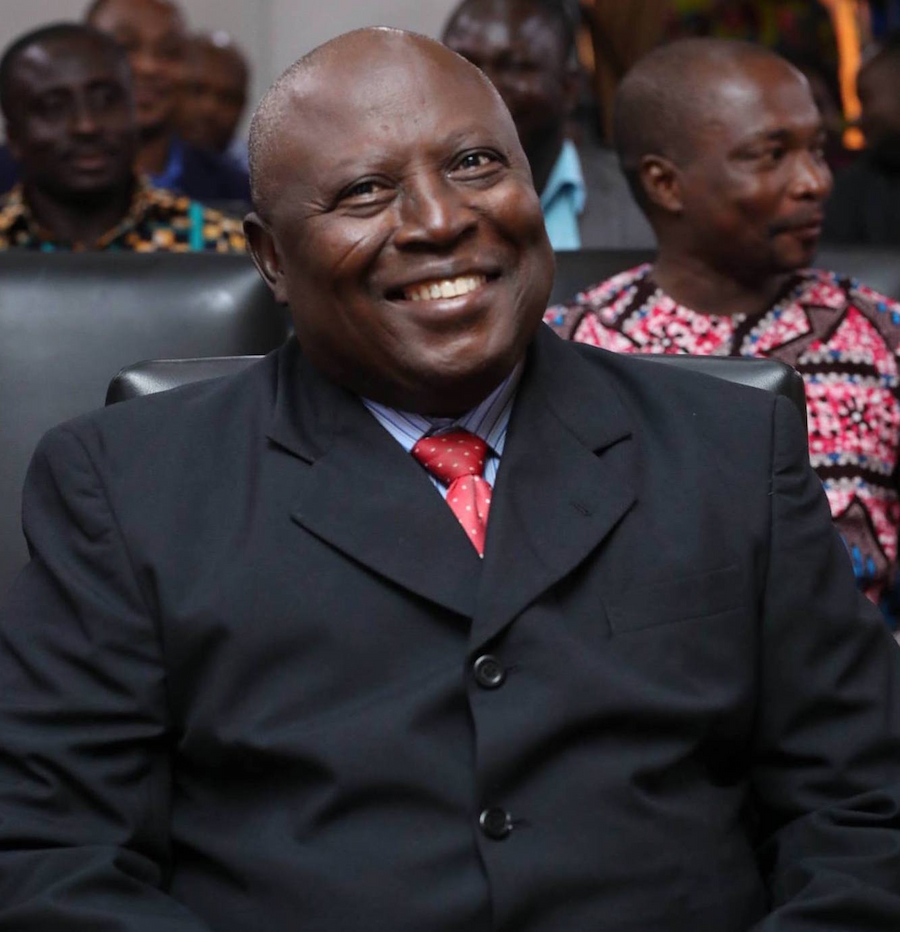Former Special Prosecutor Martin Amidu has accused the Mahama-led government of orchestrating what he calls a “textbook example” of high-level corruption in its handling of the Republic v. Kwabena Duffuor & 7 Others case.
In a lengthy open letter, Amidu outlined a scathing critique of Attorney-General Dominic Ayine’s decision to discontinue the criminal trial through a nolle prosequi. Below are seven core issues Amidu raises in his explosive letter.
The bypassing of due process in favour of private settlements
Amidu argues that instead of using legal mechanisms such as Section 35 of the Courts Act or plea bargaining under Act 1079, the government opted for a non-transparent, extra-judicial negotiation. He maintains that this move sidesteps judicial accountability and is “reeking of high corruption,” especially in a case involving the expropriation of public funds.
Dominic Ayine’s conflict of interest
Central to Amidu’s argument is that the Attorney-General, Dominic Ayine, previously served as counsel for Kwabena Duffuor and his company HODA Holdings in the same case. He claims this past relationship should have disqualified Ayine from making prosecutorial decisions and casts doubt on the impartiality of the decision to halt the trial.
Failure to disclose the supposed 60% recovery agreement
Amidu is highly critical of the government’s vague claim that it secured a 60% recovery from the accused. He questions who determined this threshold, what agencies were involved, and whether the agreement was even filed in court as a legally binding consent judgment. Without full disclosure, he says, any claims of transparency and accountability fall flat.
Suspicious timing and political convenience
Amidu links the withdrawal of charges against Johnson Asiama—who was later appointed Governor of the Bank of Ghana—to political favouritism. He paints a picture of a government using its prosecutorial power not for justice, but to clear paths for political appointments and reward long-time associates.
Lack of legal foundation for the decision
The former Special Prosecutor insists that entering a nolle prosequi must be rooted in law and justified by established procedures. He blasts the Attorney-General for failing to cite any legal instruments or constitutional backing for the 60% recovery condition, calling it “bogus and fraudulent.”
Conflation of civil and criminal proceedings
Amidu notes that the GH₵1.2 billion involved in the criminal case was already part of a broader civil case seeking to recover GH₵5.7 billion. He argues that discontinuing the criminal case under the guise of pursuing civil recovery undermines the principle that crimes should be punished, not bargained away quietly behind closed doors.
Call for patriotic resistance against abuse of power
In closing, Amidu calls on fellow Ghanaians to “speak the truth to the Government” and reject what he sees as deceitful attempts to mask corruption with PR-driven narratives. “I have spoken up. What of you, fellow citizen?” he challenges.

